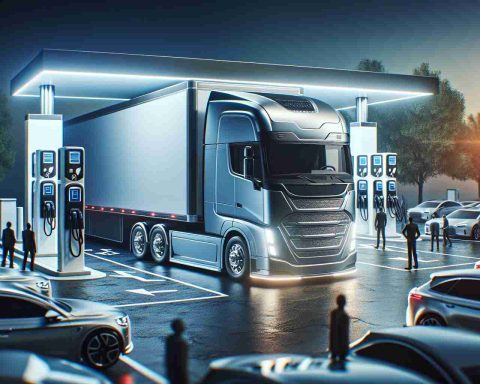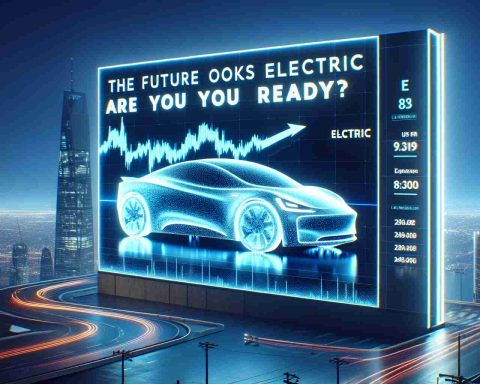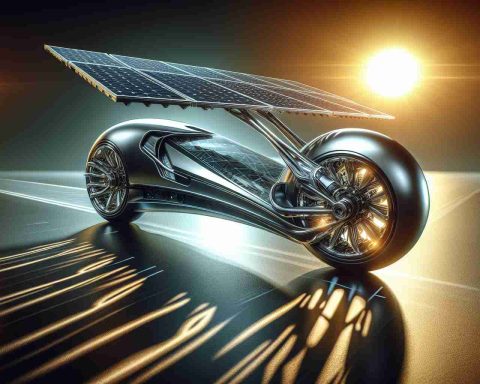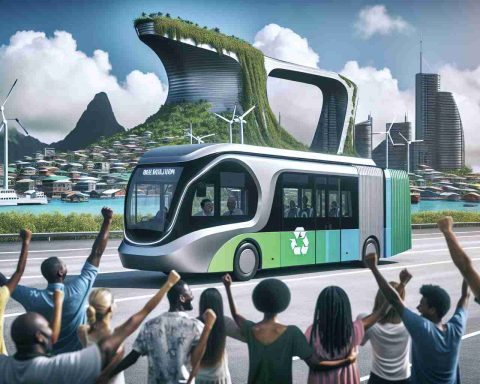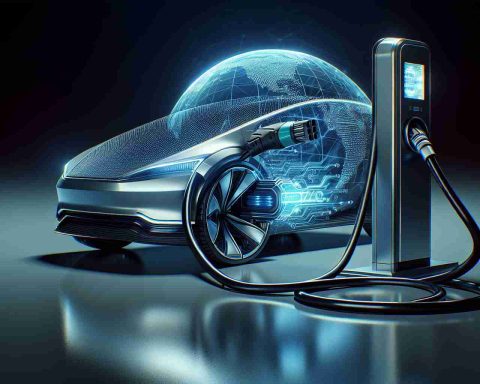Solaris Makes Waves in the U.S. Transit Market
In a groundbreaking move for sustainable transportation, Solaris has officially signed its inaugural contract for Zero Emission Bus (ZEB) deliveries in the United States. This significant partnership is with King County Metro, responsible for public transit services in Seattle, Washington, along with 34 additional cities in the region.
As part of this contract, Solaris is set to deliver a fleet of modern electric buses that includes two 40-foot battery-powered models. This initiative highlights a dedicated push towards reducing carbon emissions and embracing eco-friendly solutions in urban transport systems.
The introduction of these battery electric buses aligns perfectly with the growing demand for sustainable public transportation options. They not only promise fewer greenhouse gas emissions but also mark a pivotal shift in how cities can enhance their transit operations with technology that supports environmental goals.
With the U.S. market increasingly receptive to electric public transportation, Solaris’s entry could set a new precedent within the industry. This contract stands as a crucial step forward in the ongoing transition to sustainable mobility, reinforcing the importance of environmentally sound practices in urban development. As cities across America seek to modernize their fleets, Solaris is strategically positioned to play a key role in this green transformation.
Solaris Launches Electric Bus Revolution in the U.S. Transit Sector
Solaris Makes Waves in the U.S. Transit Market
Solaris is making significant strides in the United States transit market, following a landmark contract with King County Metro, which serves Seattle and 34 neighboring cities. This partnership marks the company’s first foray into the U.S. market for Zero Emission Buses (ZEBs), positioning Solaris at the forefront of the electric bus revolution.
Features of Solaris Electric Buses
The contract entails the delivery of a fleet comprised specifically of two 40-foot battery-powered buses. These electric buses are designed to meet high standards of efficiency and sustainability, incorporating state-of-the-art technology that promises to minimize environmental impact while enhancing urban mobility. Key features of Solaris buses include:
– Zero Emissions: The buses produce no tailpipe emissions, aligning with stringent environmental regulations and goals to reduce urban pollution.
– Advanced Battery Systems: Equipped with high-capacity batteries that provide extended range and reliability for daily operations.
– Smart Technology: Integration of intelligent transport systems that facilitate real-time updates on bus operations and passenger loads.
Use Cases and Market Analysis
As cities grapple with the challenges of congestion and pollution, Solaris’s initiative represents a critical case study in sustainable urban mobility. The introduction of these electric buses will not only contribute to lower emissions but also improve public health in densely populated areas by reducing exposure to harmful pollutants.
Market analysis suggests that the demand for electric buses is expected to grow substantially over the next decade. According to recent industry reports, the global electric bus market is projected to reach a valuation of over $70 billion by 2029, with North America being a significant contributor to this growth.
Pros and Cons of Electric Bus Implementation
# Pros:
– Environmental Benefits: Significant reduction in greenhouse gas emissions.
– Lower Operational Costs: Electric buses typically have lower maintenance and fuel costs compared to diesel counterparts.
– Enhanced Urban Mobility: Improved public transportation options can lead to increased ridership and reduced traffic congestion.
# Cons:
– Initial Investment: High upfront costs for electric buses and the necessary infrastructure, such as charging stations.
– Range Limitations: Although battery technology is improving, range anxiety could affect service reliability for some routes.
– Grid Demand: Increased electricity consumption may strain local power grids, necessitating upgrades to infrastructure.
Innovations and Future Prospects
Solaris’s entry into the U.S. market signals a shift towards greener public transportation solutions. Innovations in battery technology and infrastructure development are expected to further enhance the viability of electric buses in urban settings.
Trends indicate a growing appetite for sustainable transit solutions, with more cities committing to ambitious climate goals and seeking partnerships with innovative manufacturers like Solaris. The company’s commitment to sustainability and advanced technology positions it well to capitalize on these trends.
Security and Sustainability Considerations
Solaris’s electric buses are designed with a focus on both security and sustainability, incorporating features such as surveillance systems to ensure passenger safety and systems designed to optimize energy use, contributing to a greener environment. Furthermore, in an era where climate change is at the forefront of public discourse, Solaris’s commitment to delivering zero-emission vehicles aligns with broader sustainability efforts.
Conclusion
The contract with King County Metro is a transformative step for Solaris and an exciting development in the U.S. transit landscape. As cities continue to prioritize sustainability, Solaris’s role in providing electric buses may catalyze a broader movement towards cleaner, more efficient public transportation solutions across the nation. For more insights on the evolution of public transit, visit Solaris.






